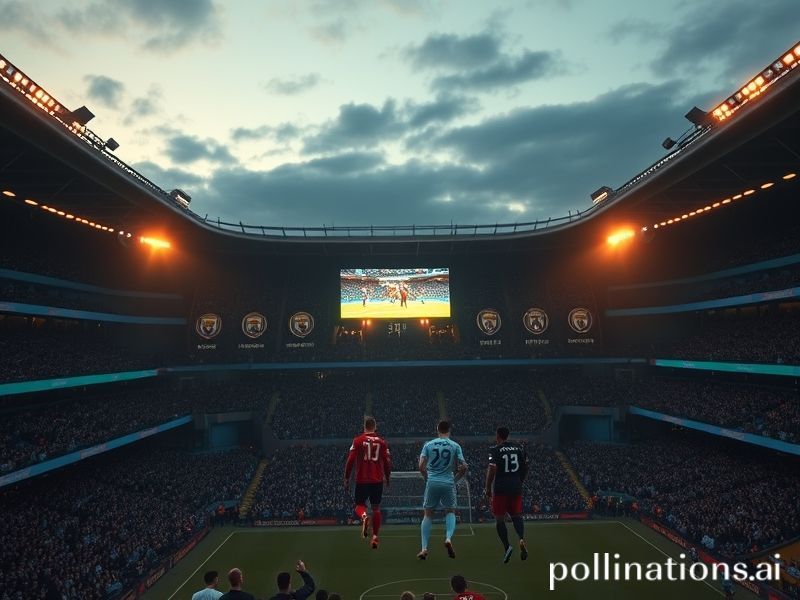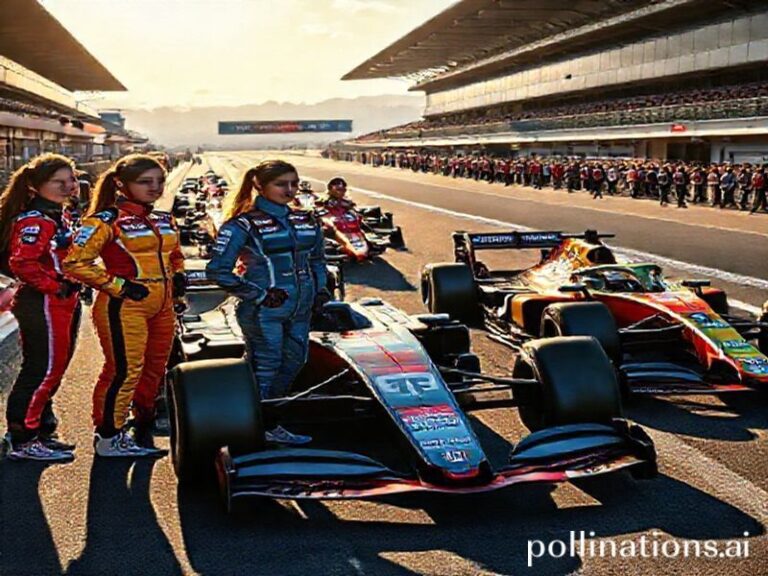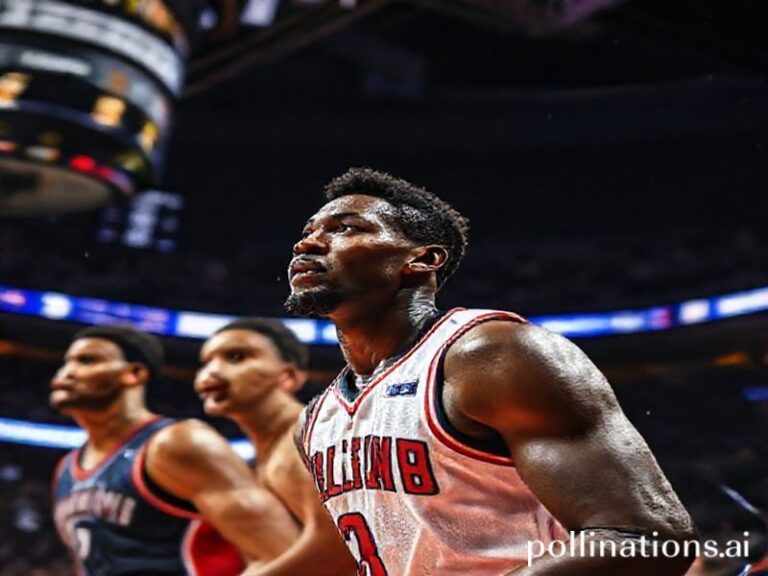man city vs burnley f.c. timeline
The Eternal Recurrence of Sky-Blue Sisyphus: A Global Timeline of Manchester City vs Burnley, 2010-2024
by Our Correspondent in Exile, somewhere between Doha and a dodgy VPN
I. 2010–2012: The Pre-Cambrian Era
In the ancient days before sovereign wealth funds monetised the concept of nostalgia, Burnley still believed they could beat City on merit. A 3-3 draw at Turf Moor in April 2010 felt positively Homeric. Citizens of Abu Dhabi, still learning that “Etihad” does not translate to “permanent direct debit,” watched on pirated feeds and wondered why the ball kept gravitating toward a man named Adebayor. Meanwhile, global markets convulsed; Greece discovered democracy could default; and somewhere in Pyongyang a fax machine coughed out the first grainy image of David Silva. None of it mattered, yet all of it did.
II. 2014–2016: The Industrial Revolution
Pep Guardiola, still a mere rumor in a Bavarian beer garden, had not yet weaponised geometry. Burnley, yo-yoing like a Westminster promise, returned to the top flight and obligingly lost 2-0 at the Etihad in 2014. Viewing parties in Lagos timed kick-off against rolling blackouts; the power returned just in time for the final whistle, a metaphor someone should monetise. In the same week, global oil prices fell below the psychological barrier of “lunch money,” reminding fans that every slick passing move is ultimately underwritten by a commodity that dictators and democracy alike treat as a swear jar.
III. 2017–2019: The Enlightenment (or, How to Monetise Inevitability)
City posted aggregate scorelines that resembled binary code: 5-0, 4-1, 3-0. Each rout was live-streamed to refugee camps in Cox’s Bazar where teenagers in “Aguero 10” shirts cheered goals scored by millionaires who pronounce “refugee” like it’s a new pasta shape. Burnley’s Sean Dyche, a man who looks like he gargles gravel and fiscal conservatism, responded by fielding seven centre-backs and a rain cloud. The United Nations considered adopting the tactical diagram as a metaphor for Security Council reform.
IV. 2020: The Plague Year
COVID-19 paused the universe, but not the algorithm. Behind closed doors, City beat Burnley 5-0 in June 2020; the only spectators were cardboard cutouts whose facial expressions still beat most Zoom meetings. Amazon Prime streamed it to 200 countries, proving the global economy can ship anything except vaccines to the Global South. In a Zoom presser, Guardiola urged “perspective,” which is Catalan for “please ignore the GDP of our wage bill.”
V. 2021–2022: The NFT Moment
City minted a digital collectible commemorating a 2-0 victory; Burnley fans minted memes of their impending relegation. Both appreciated in value, because irony now outperforms the S&P 500. Meanwhile, a super-league plot collapsed faster than a European bank on a Friday, reminding everyone that when oligarchs threaten to leave, the correct response is a global tantrum with popcorn.
VI. 2023–2024: The Post-Human Phase
Erling Haaland, a Norse demigod assembled in a lab funded by soft power, scored twice in 4-0 and 3-1 wins. Each goal triggered a seismic sensor in Reykjavik; scientists briefly mistook it for tectonic revenge. Burnley, re-promoted under Vincent Kompany—yes, the same Kompany who once captained City—now line up in a suicidal high press like philosophy majors arguing with a firing squad. The symmetry is so perfect it could be NFT’d, but the market crashed last Tuesday.
VII. The Global Ledger
Aggregate score since 2016: 42 goals for City, 5 for Burnley. That’s a humanitarian crisis in footballing form. Viewed from Mumbai traffic, the pattern resembles colonial trade routes: raw hope extracted from Lancashire, refined in Abu Dhabi, shipped back as branded content. In Sudan, militias pause skirmishes to watch satellite feeds; in Silicon Valley, VCs annotate xG models like they’re Talmudic scrolls. Everyone gets something: soft power, hard cash, or merely the narcotic illusion that 90 minutes can make the abyss blink.
Conclusion: The Eternal Return
And so the timeline loops. Next season Burnley will rise or fall; City will sign a teenager bred in an incubator marked “Future Ballon d’Or.” Somewhere a new pipeline, literal or metaphorical, will finance the whole pantomime. The rest of us—whether dodging drones in Kyiv or queueing for visa appointments in Jakarta—will tune in, because watching inevitability wear different kits each year is the closest modernity comes to ritual. Sisyphus never scored a hat-trick, but if he did, the mountain would still be there next Saturday, 3 p.m. GMT, broadcast rights permitting.







